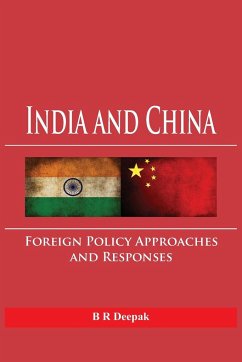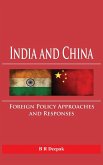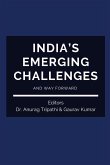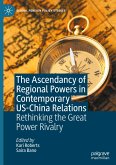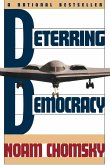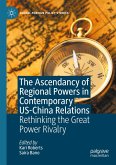During the deep globalization of the 1990s and early 2000s when China adapted well to the global changes by making various structural adjustments, India's ambivalence to undertake similar revolutionary changes made her to muddle through the forces of globalisation. Now, when new forces of globalisation in the form of Trans Pacific Partnership (TPP), Transatlantic Trade and Investment Partnership (TTIP), One Belt One Road, and various economic unions or communities throughout the globe are taking shape, will India's own initiative adapt well to these processes and reap maximum benefits? Or will India muddle through again and lose yet another opportunity and remain as an onlooker to these global geopolitical and economic restructuring? Will India recalibrate its foreign, defence and trade policies and align it to these changes? Will India continue to let the weak domestic drivers determine its foreign and economic policies? India and China: Foreign Policy Priorities, a collection of 50 essays looks into Indian and Chinese foreign policy approaches towards various bilateral and multilateral issues, which include the border, Brahmaputra water, maritime security, defence diplomacy, South China Sea, 'One Belt One Road', BRICS, terrorism, joint military exercises, New Development Bank, Asia Infrastructure Investment Bank etc. issues. Besides, there are essays focussing on US's 'rebalancing to Asia', Chinese responses to US reconnaissance close to Chinese island reclamation activities in the South China Sea, China's spat with Japan over Senkaku/Diaoyu Island and TPP have been looked into from the perspectives of various stakeholders. Besides, the volume also covers some other major areas of India-China relations such as trade and investment, high level visits, people to people exchanges, historical ties etc.. The essays are of particularly significant, for they help to understand some of the recent foreign policy approaches and responses from India and China towards some of the extremely important issues concerning bilateral and multilateral engagement.
Hinweis: Dieser Artikel kann nur an eine deutsche Lieferadresse ausgeliefert werden.
Hinweis: Dieser Artikel kann nur an eine deutsche Lieferadresse ausgeliefert werden.

